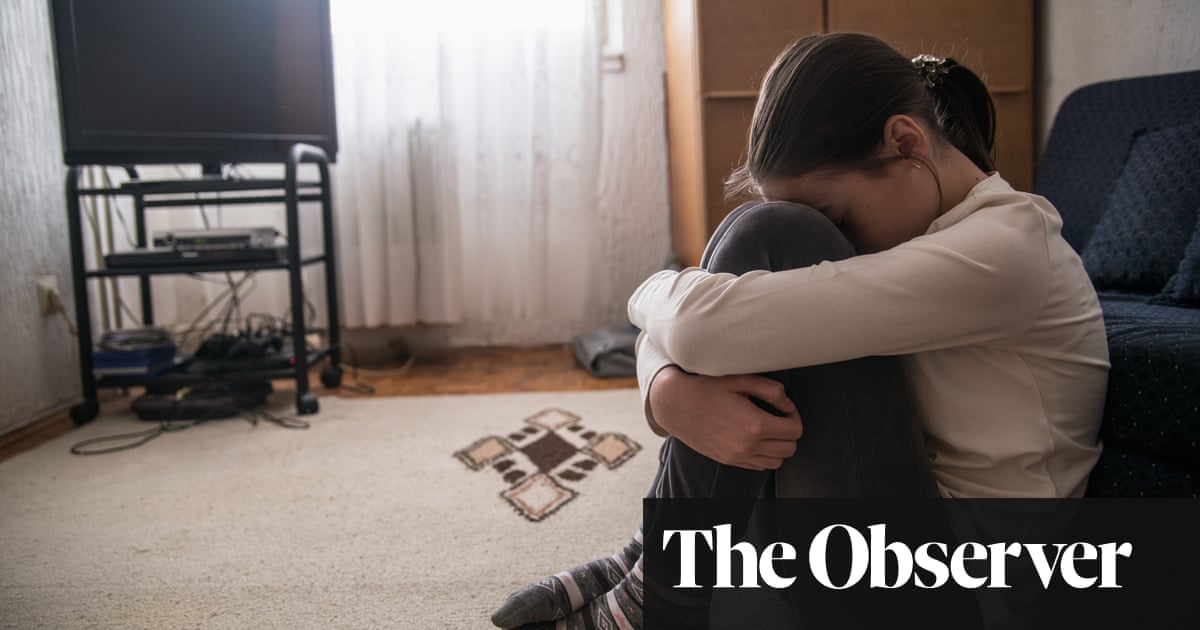
Hundreds of care homes are closing their doors to new admissions because of the rapid spread of Omicron, increasing pressure on embattled hospitals that are unable to discharge patients into the community.
Of the homes operated by MHA, one of the largest not-for-profit care providers in the UK, 70% have now shut their doors to new residents because of Covid outbreaks and staff shortages. At Four Seasons Healthcare, one of the largest private operators, 40% of homes it operates have recorded two or more cases, which means, under government guidance, they should not accept new arrivals.
Chris Hopson, the chief executive of NHS Providers, described the trend as “very concerning” and said hospital bosses were reporting that delayed discharges were significantly adding to pressure.
“This isn’t good for patients as we know patient outcomes deteriorate if patients are medically fit to discharge but can’t leave hospital,” he said.
He said it was also making it more difficult to find room for patients including serious cases coming via accident and emergency departments.
On Wednesday, Matthew Taylor, the chief executive of the NHS Confederation, said temporary settings may need to be set up to get people out of hospitals, many of which have declared critical incidents amid a staff absence rate of 10% on average across England.
“This issue of staff absence is not just in the hospitals; it is in primary care and community care and of course in social care,” Taylor said. “If you have people in hospital who don’t need to be there, that adds another pressure to an already challenging situation.”
Some health trusts have already set up temporary care facilities on floors of hotels with live-in staff recruited from abroad, including in Bristol and Plymouth. Different local health teams have been advising care homes affected by outbreaks to close to new admissions for 14 or 28 days.
The shutdowns come as Covid deaths in care homes jumped more than 50% in the last week of 2021, according to official figures, but they still remain far lower than in earlier waves. Sixty-five people died from Covid in England’s care homes in the week to 31 December compared with about 1,850 in the peak of the January 2021 wave, apparently confirming hopes about Omicron’s relative mildness and the effectiveness of the vaccine.
Sam Monaghan, the chief executive of MHA, which has closed 62 of its 89 homes to new admissions because of Department of Health and Social Care guidelines around outbreaks, said: “The current rules around outbreaks mean that care homes find themselves closed to new admissions, leaving older people staying in hospital longer than necessary or not getting the care that they need.”
Vic Rayner, the chief executive of the National Care Forum, said: “This isn’t just difficult for hospitals, but also for unpaid carers who are under enormous pressure and won’t be able to get respite or find places for their loved ones to get the round the clock care they really need.”
At MHA 10% of staff are currently unavailable for work, mirroring the situation in the NHS where medical students are being primed to be deployed on wards. To get staff back to work, Taylor has urged the government to consider dropping the period of isolation after a positive test from seven to five days “if the science indicates it is safe”.
HC-One, the largest private care home provider, said 869 staff – about 4% of the workforce – were off with either a positive test or awaiting results, while about 500 residents had tested positive, or 3%.
MHA is also calling for the government to ease restrictions on visitors into homes that are in outbreak, which are currently supposed to be limited to a single essential caregiver for up to 28 days after the outbreak begins.
“Once an outbreak is declared (often involving only two cases of Covid), everyone living in these homes can have essential care visits but no broader friends and family may visit for up to four weeks,” Monaghan said. “Meanwhile, in the general population, if we test negative six and seven days after a positive Covid test, we may return to socialising straight away. This is a huge disparity and it is time for the government to look again at the scientific evidence and review whether these differing approaches are really needed.”












